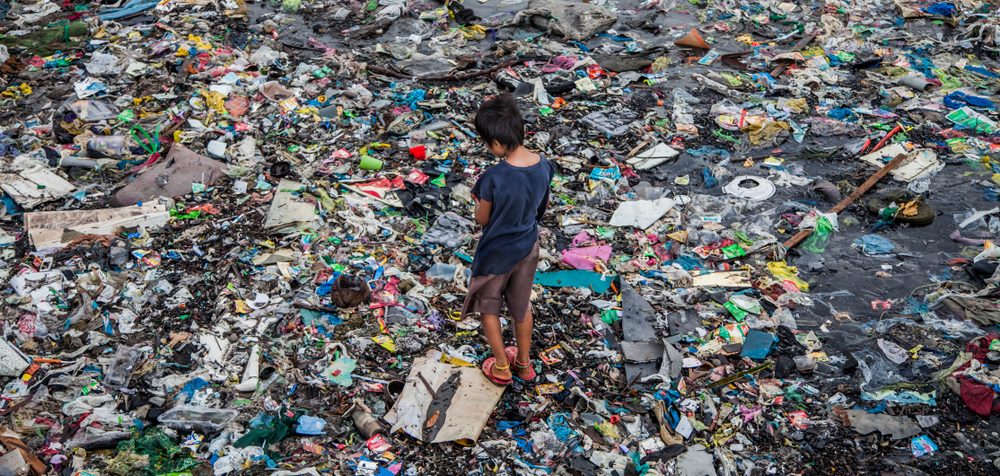
The Oxford Martin Programme on the Future of Plastics, at the University of Oxford, has outlined targets to help deliver a sustainable and net zero plastic economy.
The global plastics system results in over 1 gigatonnes per annum (Gt/annum) of carbon dioxide equivalent emissions – which is the same as the total combined emissions of Europe’s three largest economies (UK, Germany, and France). There is also the significant problem of a lack of effective recycling. In 2019, only 9% of the world’s plastic waste was turned into new products through mechanical recycling. The remaining 91% ended up in landfills or was incinerated, with a significant proportion being mismanaged, ending up polluting terrestrial and marine ecosystems.
“The problem is that plastics, while contributing hugely to global pollution and greenhouse gas emissions, are extraordinarily useful. Our research finds that creating a circular economy for plastics in order to reduce their negative impacts is possible, but only if we can reduce future demand by half, switch to renewable plastics that aren’t made from fossil fuels, recycle 95% of what’s left, and minimize environmental impacts at every step of the process,” stated study co-author Cameron Hepburn, Battcock Professor of Environmental Economics at Oxford’s Smith School of Enterprise and the Environment. “The challenge is enormous, but we present a roadmap to transform the whole system, including through the smart design of plastics, economic and legal interventions, and a shift away from overconsumption.”
In the paper, the authors analyzed the current and future global plastics system, proposing technical, legal, and economic interventions from now until 2050 in order to actually transition to net zero emissions and to reduce other negative environmental impacts. The study includes a future case scenario centering on four targets that would be required to meet these goals:
- reducing future plastics demand by one-half, substituting and eliminating over-use of plastic materials and products;
- changing the way plastics are manufactured to replace fossil fuels as the hydrocarbon source to use only renewable raw materials, including waste biomass and carbon dioxide;
- for plastics that are recoverable, maximizing recycling very significantly, targeting 95% recycling of those materials that are retrievable from wastes; and
- integrating plastic manufacturing and recycling with renewable power and minimizing all other negative environmental impacts, including those caused by additives.
“We need plastics and polymers, including for future low-emission technologies like electric vehicles, wind turbines, and for many essential everyday materials. Our current global plastics system is completely unsustainable, and we need to be implementing these series of very bold measures at scale, and fast. This is a solvable problem but it needs coherent and combined action, particularly from chemical manufacturers, ” stated lead author Charlotte Williams, Professor of Chemistry at the University of Oxford.
